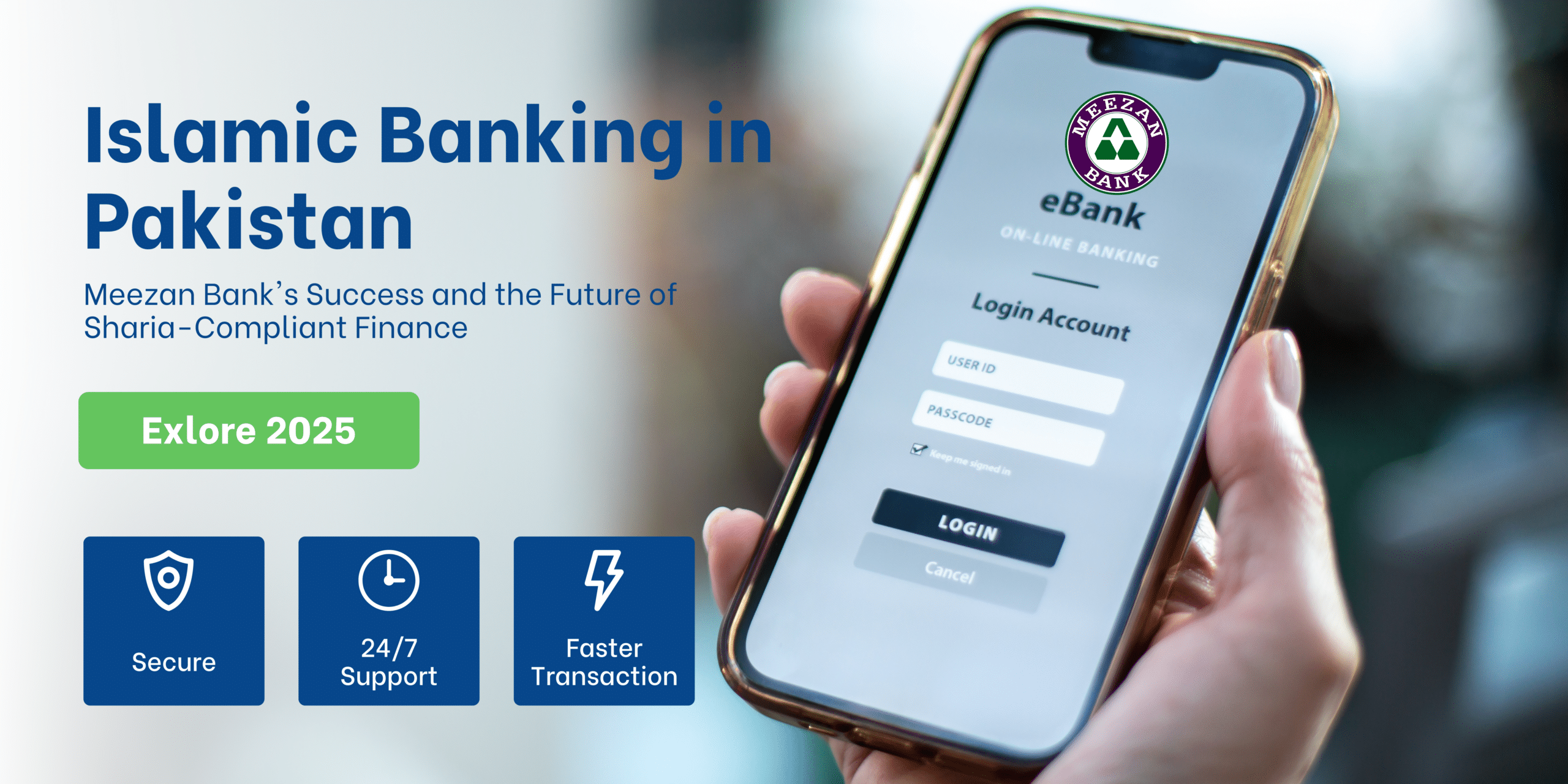Discussing Cryptocurrency Adoption and Regulation
Introduction
Digital currencies, particularly cryptocurrencies like Bitcoin, Ethereum, and Binance Coin, are reshaping global financial systems. While cryptocurrency adoption is gaining traction worldwide, Pakistan’s stance on digital currencies remains complex. This article explores the potential of digital currencies in Pakistan, the regulatory challenges, and their future in the country’s financial ecosystem.
What Are Digital Currencies?
Digital currencies are virtual or electronic forms of money secured by cryptography. Cryptocurrencies, a subset of digital currencies, operate on decentralized blockchain technology, ensuring transparency and security.
Key characteristics of cryptocurrencies:
- Decentralized: Operate without a central authority, like banks.
- Borderless: Allow seamless cross-border transactions.
- Secure: Use cryptographic techniques to protect transactions.
The State of Cryptocurrency in Pakistan
1. Growing Popularity
- Pakistan has seen a significant rise in cryptocurrency adoption, with younger generations leveraging digital currencies for investment and remittances.
- A Chainalysis report ranked Pakistan among the top countries for cryptocurrency adoption globally.
2. Lack of Regulatory Clarity
- The State Bank of Pakistan (SBP) has restricted the use of cryptocurrencies for transactions.
- Despite this, peer-to-peer platforms like Binance and Coinbase remain popular among Pakistani traders.
3. Role of Remittances
- With millions of Pakistani expatriates sending money back home, digital currencies offer faster and cheaper alternatives to traditional remittance channels.
Potential Benefits of Cryptocurrency Adoption in Pakistan
1. Financial Inclusion
- Digital currencies can help unbanked populations in Pakistan gain access to financial systems.
- Mobile wallets linked to cryptocurrencies can facilitate transactions in remote areas.
2. Enhanced Remittance Efficiency
- Cryptocurrencies reduce the cost and time involved in transferring money internationally.
3. Economic Growth
- Encouraging blockchain startups and cryptocurrency-based businesses can create jobs and attract foreign investment.
4. Hedge Against Inflation
- Cryptocurrencies like Bitcoin are seen as a store of value, providing an alternative to the devaluing Pakistani Rupee.
Challenges Facing Cryptocurrency Adoption in Pakistan
1. Regulatory Barriers
- The SBP’s restrictions and lack of a legal framework create uncertainty for investors and businesses.
2. Risk of Scams
- Without proper oversight, crypto scams and Ponzi schemes target inexperienced investors.
3. Volatility
- Cryptocurrencies are highly volatile, making them a risky investment option for many.
4. Limited Awareness
- Many Pakistanis lack knowledge about how cryptocurrencies work, leading to skepticism and misinformation.
The Role of Regulation in Shaping the Future
1. Regulatory Framework Development
- A clear and comprehensive regulatory framework can encourage safe adoption while preventing misuse.
- Examples include taxation policies, licensing of exchanges, and anti-money laundering (AML) measures.
2. Collaboration with Global Institutions
- Pakistan can learn from countries like the UAE and Singapore, which have embraced cryptocurrencies with robust regulations.
3. Encouraging Blockchain Technology
- Even if cryptocurrencies face restrictions, the underlying blockchain technology offers immense potential for sectors like healthcare, supply chain, and governance.
How Pakistan Can Embrace Digital Currencies
- Education and Awareness:
- Launch educational campaigns to inform the public about cryptocurrency and blockchain.
- Pilot Programs:
- Introduce pilot programs for digital currency use in specific sectors like remittances or e-commerce.
- Public-Private Partnerships:
- Collaborate with private companies to develop blockchain-based solutions tailored to Pakistan’s needs.
- Central Bank Digital Currency (CBDC):
- The SBP could explore the development of a Digital Rupee, similar to China’s Digital Yuan.
The Future Outlook
The adoption of digital currencies in Pakistan largely depends on how the government and regulatory authorities address existing challenges. With proper guidance, cryptocurrencies and blockchain technology have the potential to:
- Enhance financial inclusion.
- Drive technological innovation.
- Position Pakistan as a regional leader in the digital finance space.
Conclusion
Digital currencies represent a transformative opportunity for Pakistan’s financial ecosystem. While challenges like regulatory uncertainty and risks persist, proactive measures and thoughtful policies can unlock their potential. The future of cryptocurrencies in Pakistan lies in striking a balance between innovation and regulation, paving the way for economic growth and financial inclusion.







